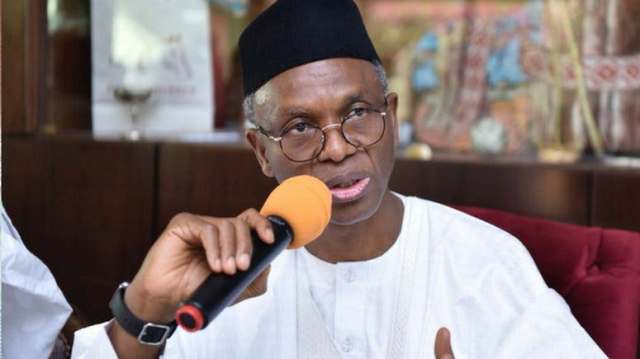Eleven states in Nigeria have agreed to waive Right of Way (RoW) charges to boost broadband infrastructure deployment.
This was disclosed by the Minister of Communications and Digital Economy, Bosun Tijani following a meeting with President Bola Tinubu, where participants of the Senior Executive Course 46 at the National Institute for Policy and Strategic Studies (NIPSS), Kuru, presented their report on Nigeria’s digital economy.
RoW fees are levied on telecom companies for laying fibre optic cables and other infrastructure necessary for internet connectivity. These charges have long been a stumbling block to broadband expansion, as differences across states have slowed investments.
While the federal government had previously set a benchmark fee of ₦145 per linear metre, some states imposed higher charges, discouraging telecom operators.
Tijani noted that all states would eventually comply, pointing out that before now, only seven states—Zamfara, Katsina, Anambra, Kebbi, Nasarawa, Bauchi, and Adamawa—had waived the fees.
Recommendations from NIPSS
The NIPSS report, titled Digital Economy, Youth Empowerment and Sustainable Job Creation in Nigeria: Issues, Challenges and Opportunities, included an eight-point recommendation to enhance Nigeria’s digital economy. One of the key suggestions was for the federal government to push for a complete waiver of RoW fees nationwide.
Other proposals included:
-
Issuing an Executive Order for all Ministries, Departments, and Agencies (MDAs) to migrate to the OneGov.ng portal.
-
Adopting a Quintuple-Helix Model to drive the digital economy and job creation.
-
Providing long-term funding for the 3MTT digital skills programme.
-
Accelerating Nigeria’s transition from IPv4 to IPv6.
-
Establishing Digital Health Innovation Hubs across the country.
-
Developing a preventive maintenance application for the automotive industry.
Tijani noted that Nigeria is making strides in the migration from IPv4 to IPv6 and is on course to be among the first African nations to achieve full transition.
He also highlighted the government’s approval of a $2 billion investment to deploy 90,000 kilometres of fibre optic cables nationwide, making Nigeria’s broadband network the third-largest in Africa, behind South Africa and Egypt.
The project is supported by the Ministry of Finance and has secured a $500 million commitment from the World Bank.
Tinubu’s Response
President Tinubu directed the Minister of Communications and Digital Economy to work with relevant agencies to ensure the recommendations are implemented effectively.
He reiterated his administration’s focus on youth empowerment and digital innovation, stating, “At the core of our administration is youth empowerment. We cannot relent on that, and we need everyone’s collaboration. I have listened carefully to your recommendations and the thorough work you did. We will continue to engage the Institute as a resource centre and Think Tank.”
Even with works to regulate RoW fees, some states still charge high rates, with Ebonyi reportedly demanding fees up to 69 times higher than Ekiti, which has one of the lowest costs. According to GSMA, if all states adhered to the ₦145 per metre standard, national network rollout costs could drop by about 15%.
The waiver by 11 states will help in reducing broadband costs and increasing internet penetration, but further cooperation from state governments is needed to ensure seamless digital infrastructure deployment across the country.




 2 hours ago
18
2 hours ago
18







 English (US) ·
English (US) ·